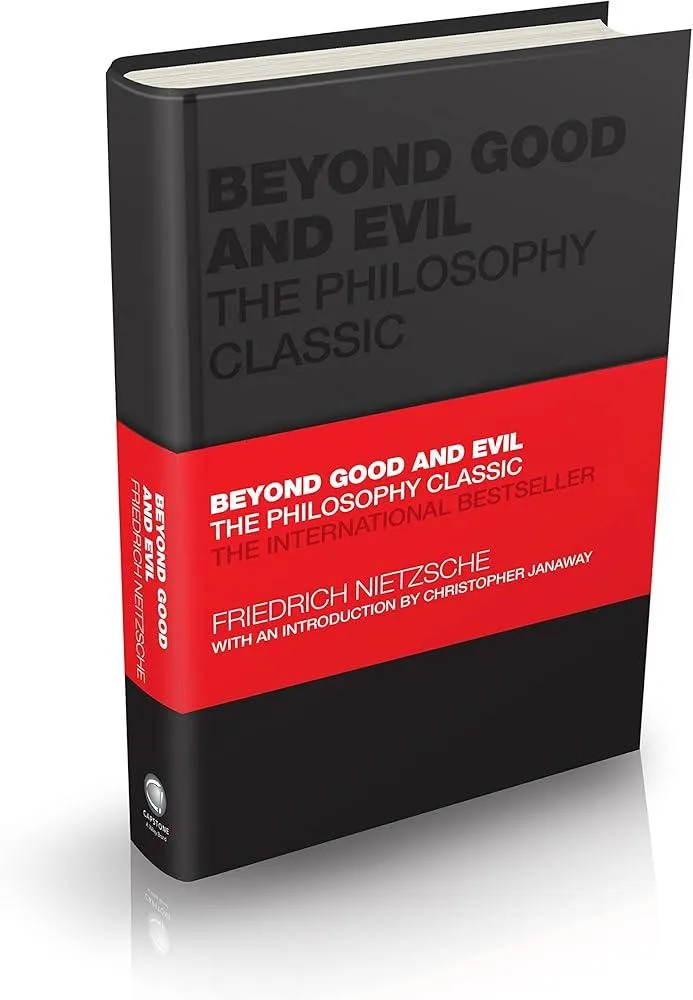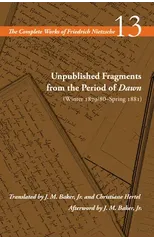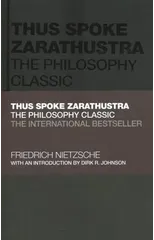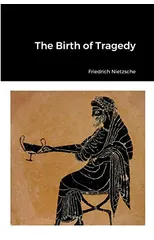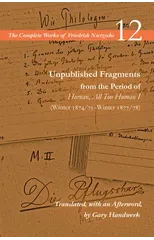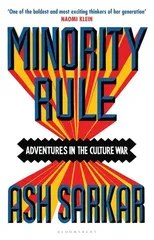Beyond Good and Evil
The Philosophy Classic
(Author) Friedrich NietzscheA deluxe, high-quality edition of Friedrich Nietzsche’s seminal work Beyond Good and Evil is one of the final books by German philosopher Friedrich Nietzsche. This landmark work continues to be one of the most well-known and influential explorations of moral and ethical philosophy ever conceived. Expanding on the concepts from his previous work Thus Spoke Zarathustra, Nietzsche adopts a polemic approach to past philosophers who, in his view, lacked critical sense in accepting flawed premises in their consideration of morality. The metaphysics of morality, Nietzsche argues, should not assume that a good man is simply the opposite of an evil man, rather merely different expression of humanity’s common basic impulses. Controversial in its time, as well as hotly debated in the present, Nietzsche’s work moves beyond conventional ethics to suggest that a universal morality for all human beings in non-existent – perception, reason and experience are not static, but change according to an individual’s perspective and interpretation. The work further argues that philosophic traditions such as “truth,” “self-consciousness” and “free will” are merely inventions of Western morality and that the “will to power” is the real driving force of all human behaviour. This volume: Critiques the belief that actions, including domination or injury to the weak, can be universally objectionable Explores themes of religion and “master and slave” morality Includes a collection of stunning aphorisms and observations of the human condition Part of the bestselling Capstone Classics Series edited by Tom Butler-Bowdon,this collectible, hard-back edition of Beyond Good and Evil provides an accessible and insightful Introduction by leading Nietzsche authority Dr Christopher Janaway. This deluxe volume is perfect for anyone with interest in philosophy, psychology, science, history and literature.
Friedrich Nietzsche
Friedrich Nietzsche was a German philosopher, cultural critic, poet, and philologist, known for his profound influence on Western philosophy and literature. His most notable works include "Thus Spoke Zarathustra," "Beyond Good and Evil," and "The Birth of Tragedy." Nietzsche's writing style was characterized by his use of aphorisms, paradoxes, and poetic language, which challenged traditional philosophical conventions.
Nietzsche's contributions to literature include his exploration of existential themes, the concept of the "Ubermensch" (overman), and the reevaluation of moral values. His ideas on the will to power, eternal recurrence, and the death of God have had a lasting impact on literature, philosophy, and cultural criticism.
Nietzsche's most famous work, "Thus Spoke Zarathustra," is a philosophical novel that explores themes of individualism, self-overcoming, and the pursuit of meaning in a godless world. The book has been praised for its literary style and innovative approach to philosophical storytelling, cementing Nietzsche's legacy as one of the most influential thinkers of the modern era.
